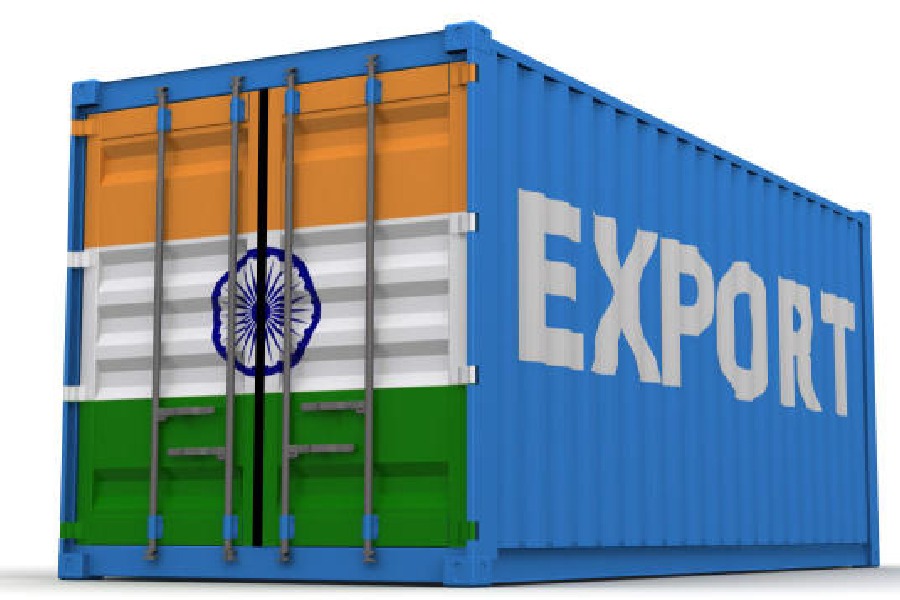India will launch an Export Promotion Mission with an allocation of ₹2,250 crore to enhance export competitiveness and streamline trade processes, finance minister Nirmala Sitharaman said on Saturday while presenting Union Budget 2025-26.
The initiative, which will be jointly led by the ministries of commerce, MSME and finance, aims to improve access to export credit, support small businesses in overcoming non-tariff barriers and facilitate cross-border trade finance, Sitharaman told Parliament.
"We will set up an Export Promotion Mission with sectoral and ministerial targets, driven jointly by the ministries of commerce, MSME, and finance. It will facilitate easy access to export credit, cross-border factoring support and assistance for MSMEs in tackling non-tariff measures in overseas markets," Sitharaman said.
To modernise India’s trade infrastructure, the government will establish BharatTradeNet (BTN), a unified digital public infrastructure for international trade documentation and financing.
The new system will integrate key stakeholders, including Customs, the Directorate General of Foreign Trade (DGFT), the Goods and Services Tax Network (GSTN), banks, and exporters, to eliminate paper-based processes and improve trade financing access.
"BharatTradeNet will complement the Unified Logistics Interface Platform and will be aligned with international practices," FM said.
BTN will be part of India Stack, which currently includes digital platforms such as Unified Payments Interface (UPI), Aadhaar, Open Network for Digital Commerce (ONDC), and DigiLocker.
Despite calls from industry leaders, the budget did not extend the Interest Equalisation Scheme (IES), which helps MSMEs access affordable trade finance. The Market Access Initiative (MAI) scheme was also discontinued.
To support marine exports, the government will reduce customs duty on frozen fish paste (Surimi) from 30 per cent to 5 per cent, benefiting seafood manufacturers.
The government will also develop warehousing infrastructure for air cargo and promote shipbuilding clusters, aiming to reduce logistics costs and improve export efficiency.










